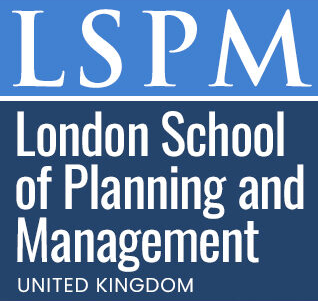Certificate Programme in Positive Behavior Analysis Strategies
Published on June 28, 2025
About this Podcast
HOST: Welcome to our podcast, today I'm thrilled to have Dr. Jane Smith with us, an expert in behavior analysis and the instructor of the Certificate Programme in Positive Behavior Analysis Strategies. Dr. Smith, can you tell us a bit about your personal experiences that led you to create this course? GUEST: Absolutely, I've spent over two decades working with children and adults with diverse needs, and I noticed a common challenge: a lack of practical skills in understanding and modifying challenging behaviors. This course is designed to address that gap. HOST: That's wonderful. The course focuses on behavior management techniques, including antecedent strategies and positive reinforcement. In your experience, how effective are these approaches in real-world settings? GUEST: They're highly effective when applied correctly. Antecedent strategies can prevent behavioral issues from arising in the first place, while positive reinforcement motivates individuals to repeat desired behaviors. It's all about creating a supportive environment that fosters growth. HOST: I see. Now, the program also helps learners develop functional behavioral assessments and behavior intervention plans. Could you elaborate on the significance of these tools in behavior management? GUEST: Of course. FBAs and BIPs are essential for understanding the root cause of challenging behaviors and determining the most effective strategies to address them. By using real-world examples and case studies, we ensure that our students gain hands-on experience in creating these vital tools. HOST: That sounds incredibly useful. Now, every field has its challenges. What do you think are the most significant obstacles instructors and learners face in this area, and how does your course help overcome them? GUEST: One challenge is the need for practical, applicable skills. Our course uses a competency-based approach, ensuring that learners not only understand the theory but can also apply it in real-world situations. Additionally, we focus on fostering a growth mindset, which is crucial for overcoming challenges in this field. HOST: And finally, how do you see the future of positive behavior analysis strategies evolving, and what role does your course play in that future? GUEST: I believe we'll continue to see a shift towards more positive, proactive approaches in behavior management. Our course equips educators, parents, and caregivers with the skills they need to be at the forefront of this change, making a real difference in the lives of those in their care. HOST: Dr. Smith, thank you so much for joining us today and providing such valuable insights into the Certificate Programme in Positive Behavior Analysis Strategies. To our listeners, if you're interested in learning more about this transformative program, be sure to visit our website and register now. Until next time, stay curious!
